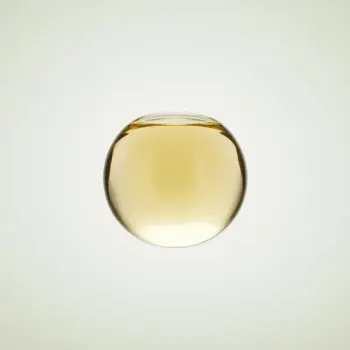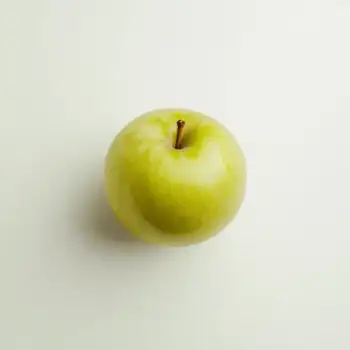White Wine vs Apple Juice are compared in cooking, highlighting their differences in alcohol content, flavor, and acidity, and providing guidance for their use in marinades, baking, sauces, and substitutions.

White wine is an alcoholic beverage made from fermented grapes or other fruits. It can range from sweet to dry and can be used in cooking to add acidity, depth of flavor, and to deglaze pans.

Apple juice is a non-alcoholic drink made by macerating and pressing apples. It is sweet and fruity, often used in cooking as a natural sweetener or to add a fruity component to dishes.
The key differences between white wine and apple juice include alcohol content, flavor profile, and acidity. White wine has an alcoholic content and a complex flavor that can include a wide range of notes from various fruits, minerals, and oak. Apple juice is non-alcoholic, generally sweeter, and has a simpler, more straightforward apple flavor. The acidity in white wine is typically higher than that of apple juice, which can affect the balance of flavors in a dish.

Your ultimate Recipe Box, Meal Planner, and Cooking Class all in one
White wine is ideal for marinades when tenderizing meats or adding a subtle acidity that can enhance flavors. It pairs well with poultry and seafood. In marinades, it's best used with herbs and garlic. Apple juice is best for sweet marinades that complement pork or ham. It can help to tenderize meat with its natural sugars and is often combined with spices like cinnamon or cloves for a warm flavor profile.
In baking, white wine can be used in savory breads or pastries to add complexity. It can also be reduced into a syrup for desserts, balancing the sweetness with its acidity. Apple juice is used in baking to add sweetness and moisture to cakes, muffins, and sweet breads. It can also be a base for fruit compotes or sauces, complementing other fruity flavors.
In sauces, white wine is often the base for reductions, adding a complex flavor to beurre blanc or velouté. It's also used in vinaigrettes for a sharp, tangy taste. Apple juice can be reduced to a glaze for pork or chicken, offering a sweet and slightly tangy flavor. It's also a good addition to fruit-based sauces for desserts, lending a natural sweetness.
White wine generally contains alcohol and fewer nutrients compared to apple juice. Apple juice offers vitamins like Vitamin C but can be higher in sugars.
| Nutrient | White Wine ( per Cup ) | Apple Juice ( per Cup ) |
|---|---|---|
| Fat | 0g | 0.3g |
| Sodium | 7mg | 10mg |
| Calcium | 10mg | 20mg |
| Protein | 0.1g | 0.2g |
| Calories | 120 | 114 |
| Carbohydrates | 3.8g | 28g |
Yes, you can substitute apple juice for white wine, especially in dishes that can benefit from a sweeter, fruitier flavor. It's advisable to dilute the apple juice with a little water to mimic the acidity of the wine.
Health benefits can vary. White wine contains alcohol and fewer nutrients, while apple juice has natural sugars and vitamins but may have more calories. Moderation is key for both.
Apple juice is less acidic than white wine and is less likely to curdle dairy in cooking. However, it's still possible with certain dairy products, so it's best to add it slowly and at lower temperatures.
White wine can be used in desserts, but it will impart a different flavor profile and may need to be balanced with sweetness. It's best used in recipes where its complexity can be appreciated.
Cooking time may need to be increased when using white wine to allow the alcohol to cook off. The goal is to concentrate the flavors without the overt taste of alcohol.